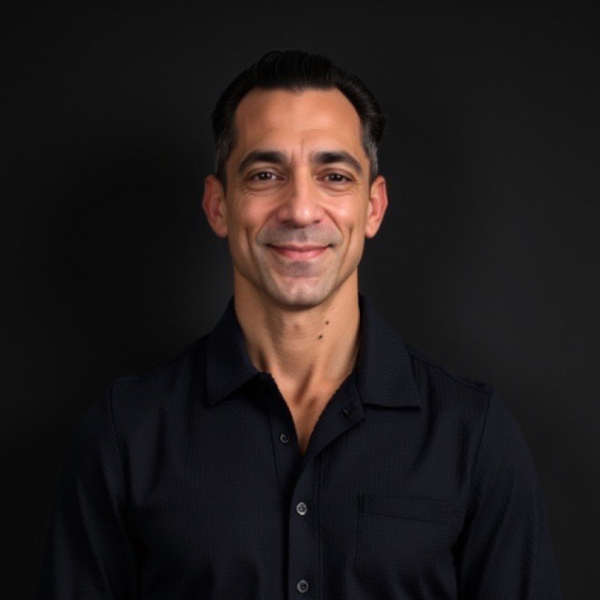7 Financial Tips from Savings Pros
Managing your finances effectively can seem overwhelming, but it doesn’t have to be. By adopting smart strategies from financial experts, you can take control of your finances, reduce stress, and work toward your financial goals with confidence. Whether you’re saving for a big purchase, building an emergency fund, or planning for retirement, these seven tips from the pros can help you to achieve financial stability.
#1 – Start with a Number
Financial experts all agree that it starts with knowing your numbers. Prioritize your number one goal then think about how much money you will need for it. Whether it’s a car, vacation or a new home, you need to know how much to save. Financial planners emphasize the importance of setting a specific, measurable savings goal. When you can see progress toward a tangible goal, like a vacation or a down payment on a home, it motivates you to stay disciplined and consistent in saving.
- Eliminate unnecessary expenditure
- Set up direct debits to your savings account
- Keep track of how your savings are growing
#2 – Pay Yourself First
“Pay yourself first,” advises financial expert David Bach. This means prioritizing savings by setting aside a portion of your income, ideally 10-20%, before spending on anything else. Automating this process ensures consistent savings, helping you build wealth over time and prepare for financial goals without relying solely on willpower.
#3 – Look Out for Hidden Charges
Your budget is all figured out. And you’re doing great. But hidden charges could ruin everything while you’re not looking. These come in many shapes and sizes, like:
- Interest on late loan repayments
- Money transfer fees from your bank
- Subscriptions for products you’re not using
- Fines for missed payments
Avoid hidden charges by setting up payment reminders and standing orders from your account.
#4 Prepare your own meals & snacks
Financial advisor Rachel Cruze suggests making your own lunch as a simple but effective way to save money. “The cost of eating out adds up quickly,” she says. “If you spend $10 a day on lunch, that’s $50 a week or $2,600 a year. Preparing meals at home not only saves money but also gives you control over your health and portion sizes.” She recommends planning and prepping lunches in advance to avoid the temptation of convenience spending. That doesn’t mean you can’t ever enjoy a meal out. Just don’t do it every day!
#5 – Less Driving
Financial expert Clark Howard recommends walking or cycling instead of driving whenever possible to save money on gas, maintenance, and parking. “Every mile you don’t drive saves you money and reduces wear and tear on your car,” he says. “If you can replace even a few short trips each week with walking or biking, the savings can add up quickly, and you’ll benefit from improved health as a bonus.” He also suggests tracking these savings to stay motivated and see the tangible impact on your budget. And before you think you can’t do it, keep in mind that Clark is 69 years old and a huge advocate of healthy finances and living. You can do it!
#6 – Adopt the 30-Day Rule
Finance guru Ramit Sethi suggests waiting 30 days before making non-essential purchases. This cooling-off period can help you distinguish between impulse buys and true needs. That’s because merchants use sophisticated FOMO (fear of missing out) tactics to panic you into making impulse purchases. Wording such as “Last one”, “Flash Sale” and “Limited offer” are all designed to rush you into making a purchase. Leave the items in your shopping cart for 30 days and if they are still available and you still want them, buy them.
#7 – End Subscriptions You Don’t Use
Netflix, Prime Video, and Disney. Do you have one or all of them? Rachel Cruze highlights the importance of reviewing monthly subscriptions for services you no longer need or use. Cancelling unused memberships can free up cash for savings. And while you’re doing that, think about the other subscriptions you may pay for like the gym. If they try to get you to stay, you can always cancel your direct debit and quit the gym like Chandler from Friends (*vintage vibes alert*)
Ready to power up your savings like a pro? Snappi is here with all the tools and support you need to make it happen.






